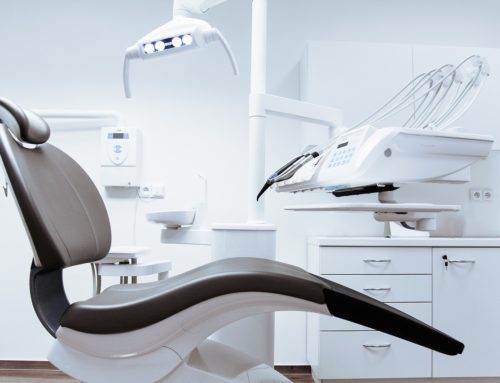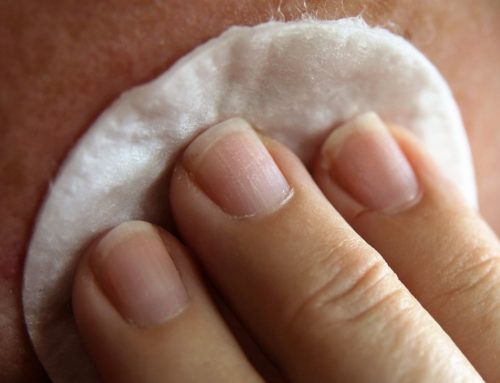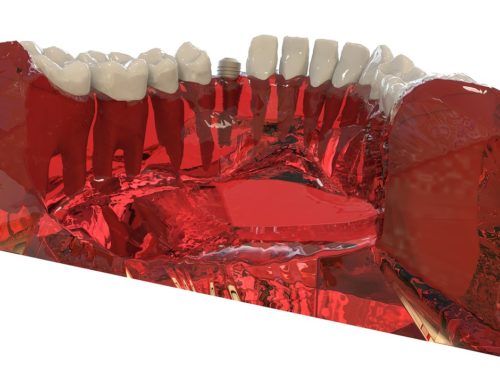The third molars were referred to as “teeth of wisdom” by scholars in the 17th century because they would erupt at the height of a person’s maturity. Since these teeth emerge when a person reaches adulthood, they are thought to be a sign of evolving wisdom. Wisdom teeth cause dental problems in certain patients, however, often prompting for their extraction by oral surgeon in Philadelphia and elsewhere. Greg Johnstone explains why in his feature article for Consumer Guide to Dentistry.
Wisdom teeth, also referred to as the “third molars”, are as important as other teeth, but more prone to problems during their eruption (breaking through the gum tissue). Since wisdom teeth are the last to erupt — usually between the ages of 17 and 21 — there often is little room left in the mouth.
Should they stay or should they go?
If the patient isn’t experiencing any pain or discomfort, it is still possible for dentists to recommend wisdom teeth extraction. Dentists can foresee how the eruption of wisdom teeth can affect potential shifting of surrounding teeth, jaw pain, and interruptions with normal sinus functionality.
How does it feel?
According to the American Dental Association, telltale signs that wisdom teeth need to go include pain, repeated infection of soft tissue behind the lower last tooth, gum disease, and extensive tooth decay among others. Experts like Anthony Farole, DMD will verify if these symptoms are caused by abnormal wisdom teeth eruptions before recommending their removal.
What to expect
Extraction of fully-formed wisdom teeth is a fairly common procedure. Extracting wisdom teeth prior to their eruption is far from a simple tooth extraction. Although some general dentists are capable of performing the procedure, an oral surgeon in Bala Cynwyd would be better equipped since many patients prefer to be sedated.
Recovery
Expect some bleeding a day after the procedure. This can be managed by placing a moist, clean piece of gauze over the site and biting down on it for around 45 minutes. Using a teabag instead of gauze is also an option since the tannic acid is beneficial in clot formation. If the bleeding persists, contact your doctor immediately.
If your wisdom tooth is impacted and stitches were used for your procedure, they will have to be removed post-operation. Self-dissolving stitches can be used so removal won’t be necessary. Facial swelling and mild pain can also be expected. Ice compresses can be used to relieve the swelling as can over-the-counter medication.
Take the Next Step
Want to learn if a Wisdom Teeth Extraction is right for you? Schedule a consultation at Dr. Farole’s Facial Cosmetic Surgery Center in Bala Cynwyd, PA by giving us a call at (610) 668-3300 today.
(Article excerpt and image from “Wisdom Teeth Removal: Your Tooth Extraction Guide”, Consumer Guide to Dentistry)






